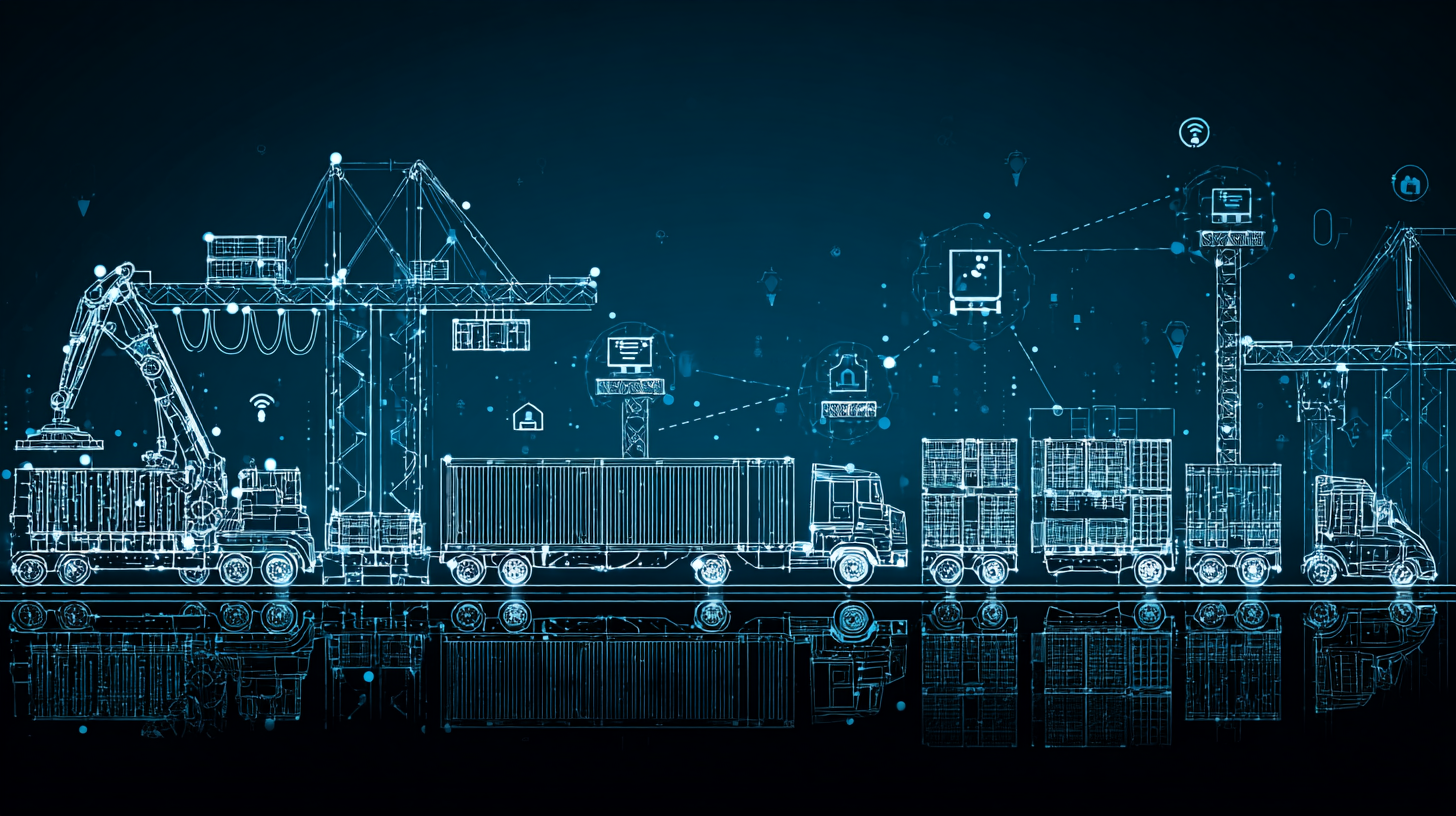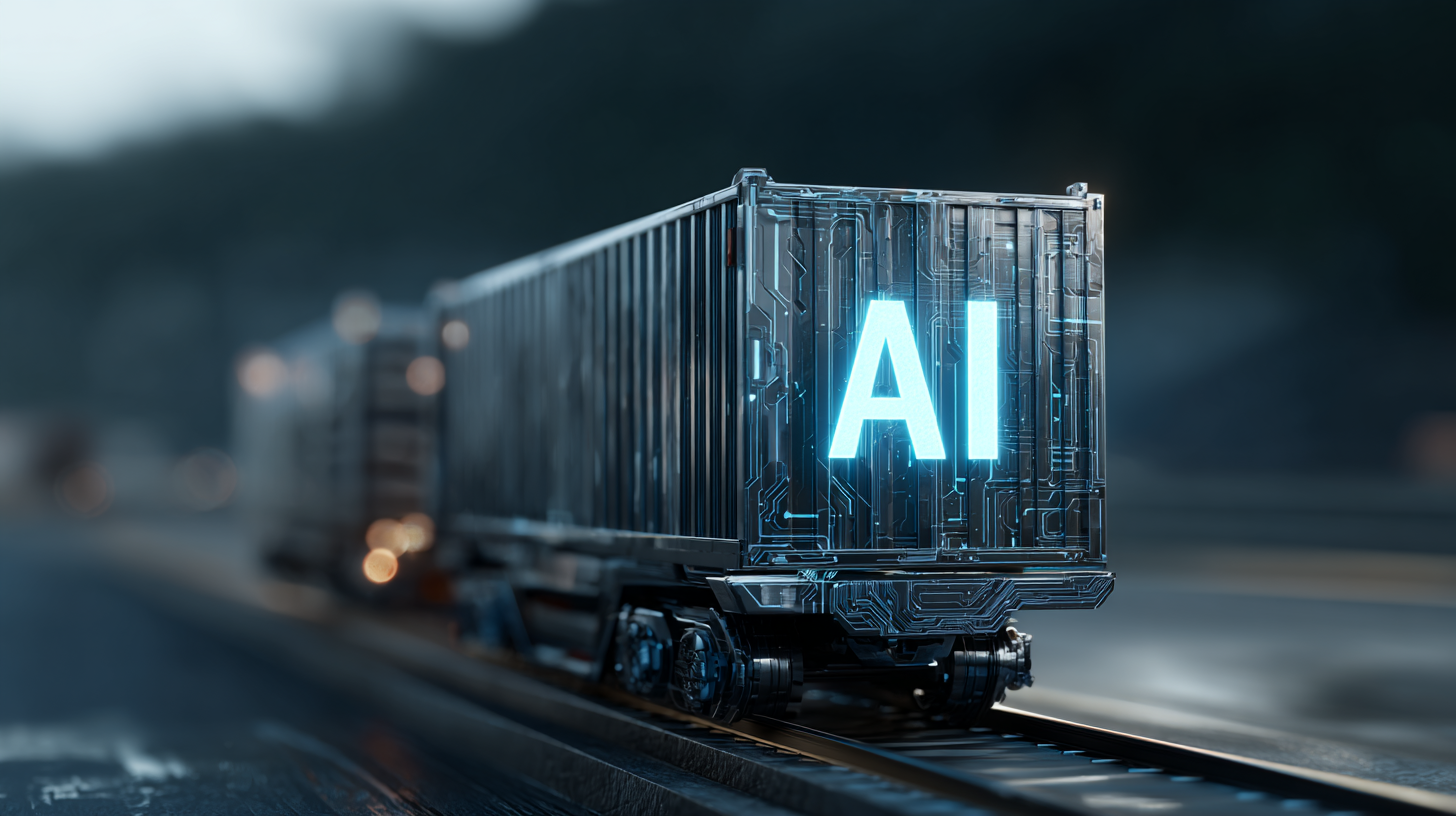
AI Technologies Transforming Supply Chain Management
In today’s fast-paced world, supply chain management (SCM) is undergoing a radical transformation, thanks to the advent of Artificial Intelligence (AI). If you’re involved in any sector that relies on supply chain activities, whether it’s retail, manufacturing, or logistics, you might be wondering how AI can optimize your processes and increase efficiency. This article will walk you through some of the most impactful AI technologies that are reshaping supply chain management. You’ll gain insights into how these tools can enhance your operations, improve decision-making, and create new opportunities for growth.
Understanding AI in Supply Chain Management
AI in supply chain management refers to the integration of advanced technologies that allow for the automation of processes, data analysis, and decision-making. This transformative power of AI provides you with the ability to analyze vast amounts of data swiftly and accurately. The information you collect through various activities—like order placement, inventory tracking, and customer feedback—can be processed in real-time, giving you actionable insights that traditional systems simply cannot match.
By employing AI, you can significantly reduce lead times, enhance demand forecasting, and streamline logistics—all of which contribute to a more responsive and efficient supply chain. As you explore this field, you’ll discover various AI-driven tools tailored to your specific needs, making it easier than ever to position your business for success.

Predictive Analytics: Anticipating Demand
One of the primary applications of AI in supply chain management is predictive analytics. By utilizing historical data and advanced algorithms, you can forecast future demand with incredible accuracy. This means you can anticipate customer needs before they even arise, allowing you to manage your inventory and resources more effectively.
Imagine having the capability to adjust your production schedules based on anticipated market changes or seasonal fluctuations. Predictive analytics can enable you to minimize stockouts and overstock situations, thus optimizing your working capital. As you leverage these insights, you’ll be able to make more informed decisions, enhance customer satisfaction, and ultimately drive profitability.
Enhanced Inventory Management
Managing inventory is often a complex task, but AI can simplify this for you. AI technologies can analyze your inventory levels, sales patterns, and even external factors like market trends and economic indicators to ensure that you maintain optimal stock levels at all times. By automating these processes, you reduce the risk of human error and increase operational efficiency.
Moreover, AI can help you implement just-in-time (JIT) inventory systems, where products are replenished exactly when needed, thus minimizing excess stock and storage costs. This not only saves you money but also improves your cash flow, allowing for better allocation of resources across your business.
AI-Driven Logistics Optimization
Logistics is a cornerstone of supply chain management, and AI technologies significantly enhance this aspect. By harnessing AI, you can streamline route planning, monitor shipment conditions, and predict potential delays. This level of visibility enables you to minimize transportation costs and improve service levels.

For example, AI can analyze traffic patterns, weather conditions, and delivery schedules to suggest the most efficient routes for your freight. Additionally, real-time monitoring can alert you to any changes that may affect the transit of goods. Having this data at your disposal empowers you to make faster decisions, ensuring that your products reach their destinations on time and in good condition.
Supplier Relationship Management with AI
Building strong relationships with suppliers is vital for a robust supply chain. Through AI tools, you can improve your supplier relationship management (SRM) processes. AI can analyze data from your supplier interactions, helping you assess performance, compliance, and capability.
Using AI-driven insights, you can identify which suppliers meet your business needs and which may need reevaluation. This enables you to optimize your supplier base, ensuring you work with partners who offer the best value and reliability. Furthermore, AI can help in risk management by predicting supplier disruptions and allowing you to implement contingency plans proactively.
Quality Control and Automation
When it comes to maintaining product quality, AI can be a game-changer. Automated quality control processes can significantly reduce defects and increase overall product quality. By deploying AI technologies, you can use visual inspection systems and machine learning algorithms to identify defects in real-time.
This level of automation not only ensures compliance with industry standards but also enhances customer satisfaction by delivering consistent and high-quality products. As you incorporate AI into your quality control processes, you’ll likely find that your operational efficiency improves, leading to reduced waste and rework costs.

AI-Powered Customer Experience
In today’s marketplace, customer experience can make or break a business. AI technologies can help you create personalized experiences for your customers, which is increasingly important in supply chain management. By analyzing customer data, AI can provide valuable insights into customer preferences, behaviors, and purchasing patterns.
These insights enable you to tailor your offerings, optimize pricing strategies, and create targeted marketing campaigns. The result is a more personalized and engaging experience for your customers, which can drive loyalty and increase sales. When your customers feel valued, they’re more likely to return, boosting your bottom line.
Regulatory Awareness and Ethical Considerations
As you venture further into AI technologies within supply chain management, it’s essential to remain abreast of regulatory frameworks and ethical considerations. The use of AI raises various challenges, particularly concerning data privacy and algorithmic bias. It’s imperative that you understand the legal landscape governing AI and ensure that your company adheres to these regulations.
Establishing a clear governance framework for the use of AI in your supply chain can help you navigate potential pitfalls. You should continuously assess and update your practices, ensuring they align with ethical standards while delivering optimal performance. By prioritizing these considerations, you’ll improve your brand’s reputation and build trust among your stakeholders.
Continuous Improvement through Machine Learning
Machine learning—a subset of AI—facilitates continuous improvement within your supply chain operations. Unlike rule-based systems, machine learning algorithms can refine their performance based on incoming data. This means that over time, your AI tools will become increasingly accurate and efficient, adapting to changes in your business environment.
By integrating machine learning into your supply chain, you’ll be able to identify patterns, optimize processes, and make data-driven decisions. This adaptability is crucial in a rapidly changing market, where customer demands and market conditions can shift unexpectedly.
Challenges of Implementing AI in Supply Chain Management
While the potential benefits of AI are vast, it’s important to recognize the challenges that may arise during implementation. These can include resistance from staff, high initial costs, and the complexity of integrating AI with existing systems. You’ll need to approach this transformation thoughtfully, keeping in mind the readiness of your organization and the importance of training your workforce.
AI awareness training can play an essential role in overcoming these challenges. By educating your team about the capabilities and limitations of AI, you empower them to embrace new technologies and understand their strategic value. Building a culture that is open to innovation and change will facilitate a smoother transition and enhance your overall success in leveraging AI.
Conclusion: Embracing AI for Supply Chain Success
As we move further into the digital age, the role of AI technologies in supply chain management becomes increasingly significant. From predictive analytics to enhanced logistics, AI provides a plethora of opportunities for you to optimize your operations and deliver superior value to your customers. By understanding its applications, addressing implementation challenges, and fostering a culture of continuous improvement, you position yourself and your organization for future growth and success.
If you found this article informative, don’t forget to clap for it, leave a comment sharing your thoughts, and subscribe to my Medium newsletter for updates on similar topics. Together, let’s navigate the exciting landscape of AI technologies in supply chain management!
